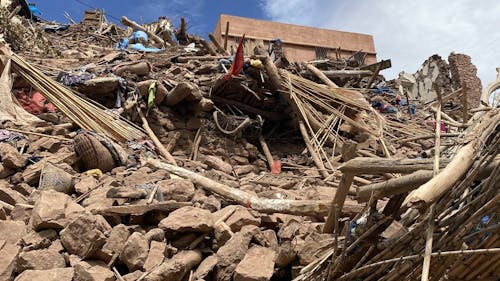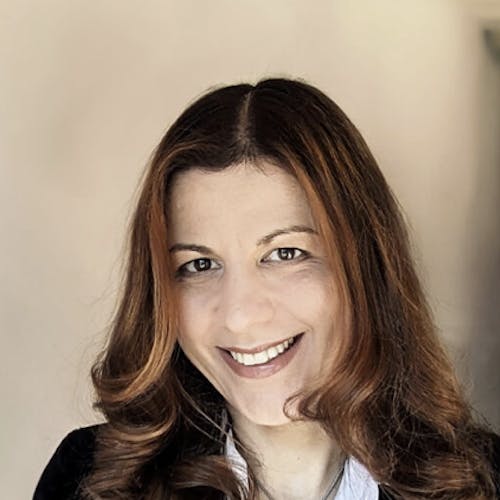U. community reacts to earthquake in Morocco

Earlier this month, a powerful 6.8 magnitude earthquake struck Morocco and severely damaged the country's Southwestern region, including the city of Marrakesh. More than 2,000 people were killed in the deadliest Moroccan earthquake since 1960.
The earthquake had most impacted rural towns and villages near the epicenter, where residents faced electricity and telephone blackouts, water and food shortages and overwhelmed hospitals, according to The New York Times.
University community members spoke to The Daily Targum regarding the recent earthquake in Morocco and their reactions.
Laila Bosta, a School of Arts and Sciences senior, said she first learned about the earthquake through her mother, who contacted their family residing in Morocco to ensure their safety.
"Everyone's heart went out for the country," she said. "It was kind of depressing for the first few days, even though some family (weren't) directly affected, it still feels like everyone in that country is family — and that's just part of the culture."
From her several experiences in the country, Bosta said that she believes Morocco's infrastructure is sufficient to handle earthquakes and other natural disasters, but its mountainous terrain poses challenges to implementing natural disaster prevention infrastructure.
Additionally, she said that she feels international rescue efforts should be directed toward Morocco's post-earthquake recovery, such as with medical assistance and reconstruction plans.
Bosta said that she advises Rutgers students to speak with their friends in the Moroccan community, research the impact of the earthquake and potentially fundraise or donate through established relief initiatives for Morocco.
"When a country is under the threat of a natural disaster … it's very chaotic," she said. "It's just part of being human. Everyone should really come together and help each other."
Adnan Zulfiqar, an associate professor at Rutgers Law School and a regional scholar in the Middle East Center at the University of Pennsylvania, said he thinks the earthquake was one of the most severe natural disasters in the area in recent years.
"The impact is being felt by populations that are not necessarily the most well-to-do already, that already have struggles with regard to their lives," he said.
Like Bosta, Zulfiqar said those most severely affected face logistical challenges due to the inaccessibility of the Atlas Mountains. When offering aid, it is important to consider transportation barriers so that materials are not stuck at airports with no way to reach those in need, he said.
Another struggle for developing nations facing natural disasters is maintaining national autonomy when receiving aid, Zulfiqar said. The U.S. government must cooperate with the Moroccan government in these matters, he said.
Historically, Morocco is not particularly prone to natural disasters, he said. With reference to the storm-induced dam collapse in Libya that followed less than a week after the Moroccan earthquake, Zulfiqar said these incidents point to the impacts of climate change.
"Whatever your theories may be on how climate change is happening or not happening, it is a reality, and it's something that is going to be an increasingly global problem and not just isolated to particular countries," Zulfiqar said.
He said the increasing frequency of natural disasters in developing nations is beginning to create a ripple effect of mass migration, increased stress and potential global conflicts. Just as the Moroccan community came together to support their nation, Zulfiqar spoke of the importance of international collaboration.
In agreement with Bosta, he said Rutgers students should check in on their Moroccan friends, raise awareness and collaborate with existing fundraising efforts. Zulfiqar also said it is important to have conversations on the effects of climate change, given the events Morocco and Libya recently experienced.
"(These events are) all occasions for us as a nation to step up and lead on this critical issue of our time, which is climate change," Zulfiqar said.



